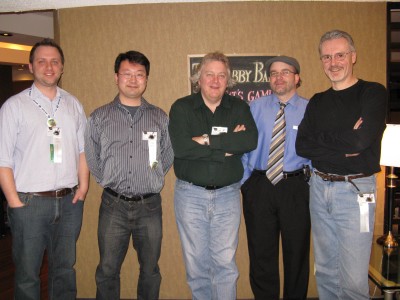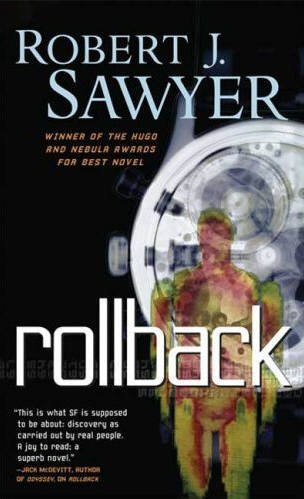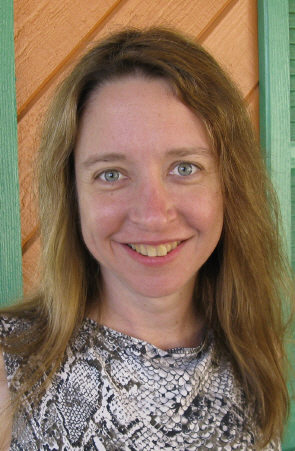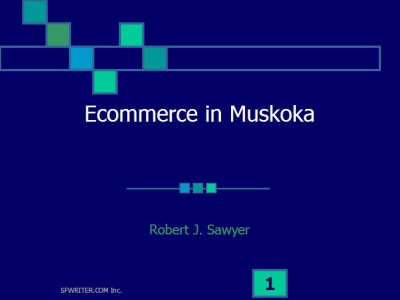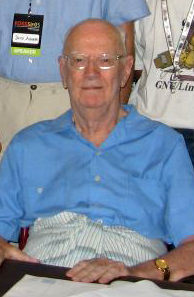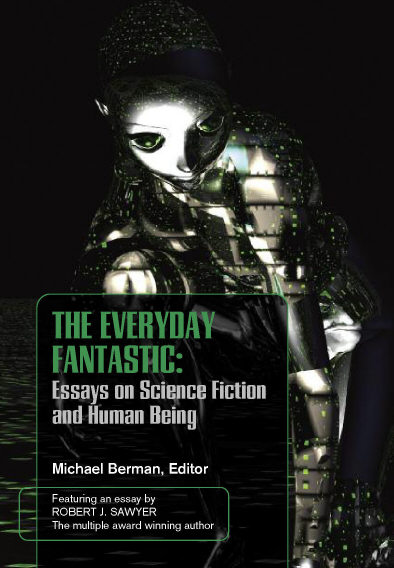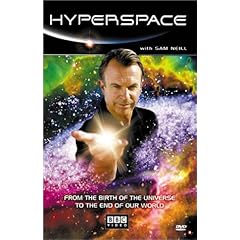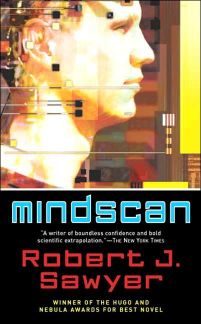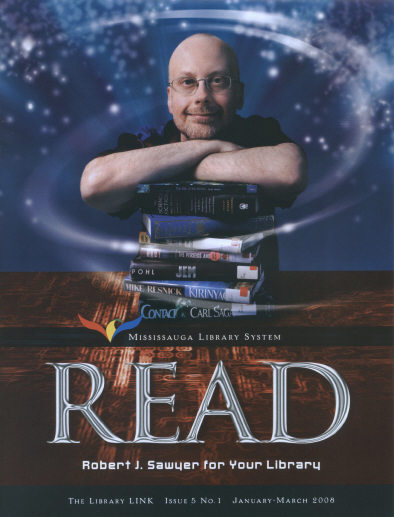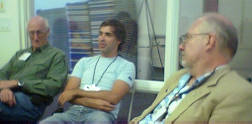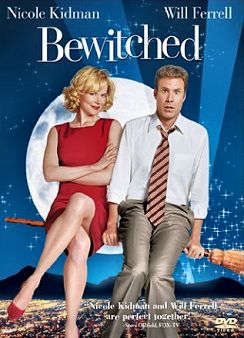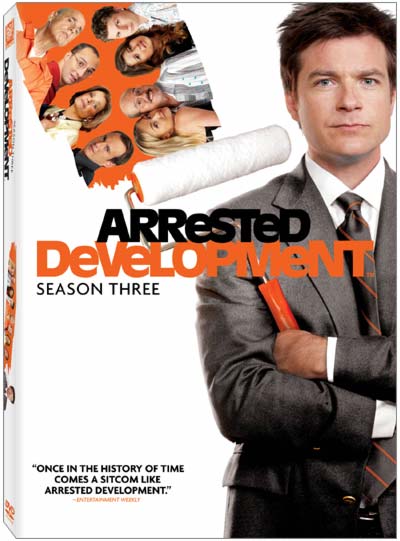On Tuesday, and again today, people have asked me about film options; the implicit assumption was that these are common occurences and lucrative, and that they as often as not lead to the film actually being made. I addressed these issues in a magazine column in 2001, but I thought it was worth resurrecting that piece, so here it is:
BOOKS AND MOVIESby
Robert J. SawyerIt happens all the time: I meet someone, they inquire about what I do for a living, I tell them I write science-fiction novels, and they ask whether any of them have been made into movies.
Two misconceptions underlie that question, one naive and the other galling.
The naive misconception is that most novels, or at least a goodly fraction of them, get made into films. The truth is that hardly any actually do. Indeed, even most major novels don't get produced for the silver screen. Consider the winners of the Science Fiction and Fantasy Writers of America's
Nebula Award, the "Academy Award" of the science-fiction field. Thirty-six novels have received that trophy (including my own
The Terminal Experiment, which won the 1995 award). Of those 36, how many do you think have been flickified?
Only two — and, as it happens, the
first two: Frank Herbert's
Dune (which won the 1965 Nebula), and Daniel Keyes's
Flowers for Algernon (which won the 1966 award, and was filmed as
Charly). All the others — including such classics as Isaac Asimov's
The Gods Themselves, Orson Scott Card's
Ender's Game, Arthur C. Clarke's
Rendezvous with Rama, William Gibson's
Neuromancer, Ursula K. Le Guin's
The Left Hand of Darkness, Joe Haldeman's
The Forever War, Larry Niven's
Ringworld, and Kim Stanley Robinson's
Red Mars — remain unfilmed.
And if books of that stature don't get made into movies, consider just how unlikely it is that an average novel by a midlist writer is ever going to be filmed. In fact, only a handful of SF novels have ever been made into movies, and in many cases the resulting products were atrocious. David Brin's
The Postman and Robert A. Heinlein's
The Puppet Masters are great books, but the film adaptations stank. (Probably the best film ever made from an SF novel was 1968's very liberal adaptation of Pierre Boulle's
La Planète des singes, which came out 33 years ago as the original
Planet of the Apes.)
Indeed, I had dinner recently with friends, and, as it often does for us newly middle-aged folk, the topic of eventual retirement came up. One of my buddies opined that I had nothing to worry about: all I needed was for a couple of my books to be made into movies, and I'd be all set. I told her that was precisely like planning to win the lottery — the odds are about the same.
In fact, most authors don't get rich even when a movie is made of one of their books. Option fees (the amount producers pay to have you agree not to license the movie rights to anyone else) start at about US$5,000 for a year — a nice windfall, sure, but not life-changing. And an author's compensation if a movie is made from his or her book is typically between US$150,000 and US$300,000 — all of which comes as a lump payment, letting the tax people carve 50% right off the top. Now, yes, even after the government has siphoned off its share, that's certainly a pile of money — but it's only a tenth of what the average person needs in order to retire with a middle-class income.
Now, what about the galling misconception? It's the belief that a book is a second-rate form of expression. Unless the story is committed to film, we're led to believe that the book is a failure.
Poppycock. Despite the pernicious
auteur school of filmmaking (which promulgates the lie that the director is the sole creator of the film), movies are enormously collaborative, and therefore are exercises in compromise. A novel, on the other hand, is one person's pure, unadulterated vision: it's exactly what the artist intended, without concession or budgetary constraints.
(This isn't sour grapes, by the way; many of my novels have been optioned, and, at this writing [in 2001], it looks like
Illegal Alien might indeed actually get filmed next year; an excellent screenplay adaptation of it has been written by Michael Lennick, and David Coatsworth, executive producer of Arnold Schwarzenegger's
The Sixth Day, is slated to produce.) [2008 update: and we got
thisclose, too, but, as with most projects that get optioned for years on end, ultimately nothing came of it.]
People do understand this as related to other kinds of art. No one said to Michelangelo after he finished sculpting David that, well, gee, it's a nice enough statue, but, you know, unless they make an action figure out of it, what good is it? And yet the same principle should obviously apply to books versus movies: the definitive version of
Dune is Frank Herbert's novel, not the theatrical film or the recent Sci-Fi Channel miniseries. And my all-time favourite SF novel, Frederik Pohl's
Gateway, won't become one whit better than it already is if someone someday makes a movie out of it. Books are an end unto themselves, not proposals aimed at Hollywood; whether the book is a success or failure has nothing to do with whether Tinsel Town takes an interest.
So next time you're chatting with an author, don't ask if there have been any movies made from his or her books. Instead, ask where you can buy a copy of the actual, complete, finished work of art: the original dreamer's words on the printed page.
After all, as everybody knows, the book is always better than the movie.
The Robert J. Sawyer Web Site
